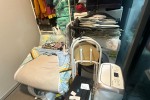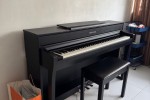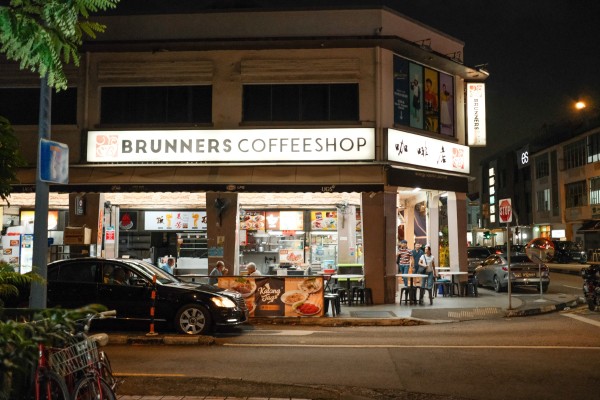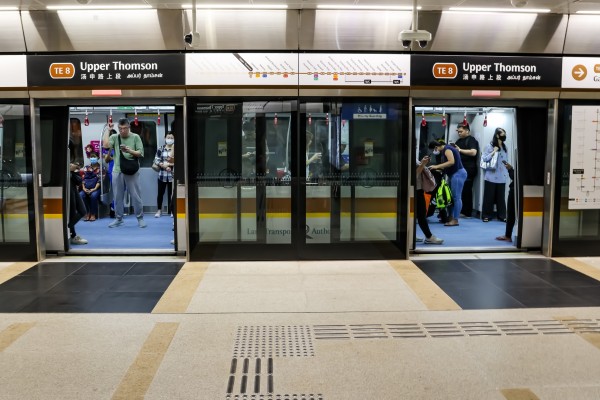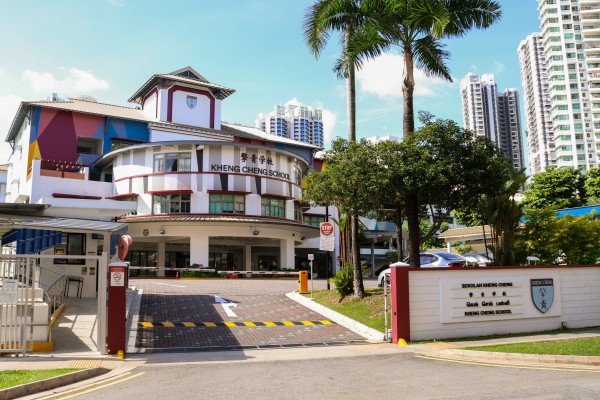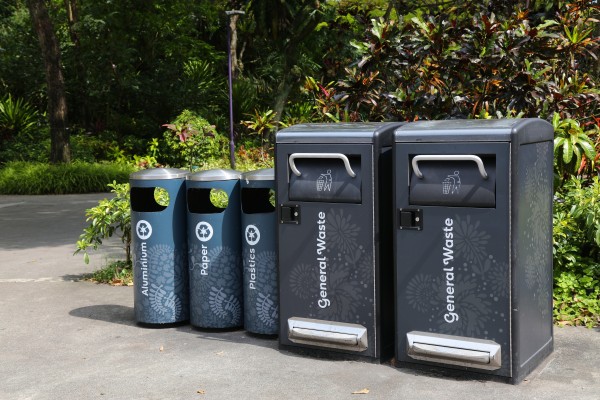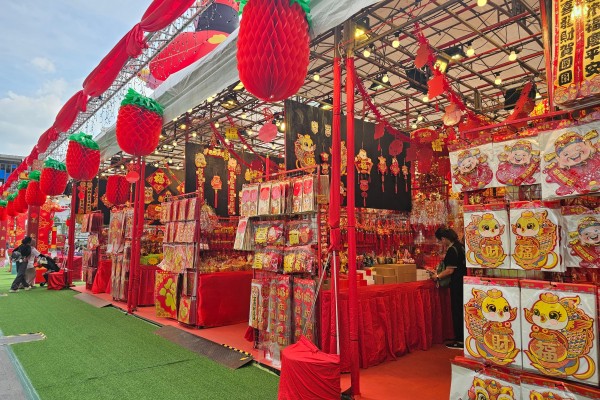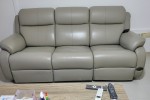Learning Singlish and Singaporean English


“Wah lao eh, say so many times already. Don't be like that leh! ”
“I've told you many times to please stop.”
These sentences both say the same thing, but sound quite different. If you understand the first sentence without batting an eyelid, chances are that you've been living in Singapore for a while.
If you're newer to Singapore, it's time you got introduced to our unofficial main language: Singlish.
What is Singlish and why is it different from British or American English?
Singlish is the colloquial form of English that people in Singapore speak. Markedly different from Singapore English, which is similar to its British counterpart in spelling, syntax, and grammar rules.
So, what makes Singlish so different, then?
More than just spelling or pronouncing some words differently, Singlish is a veritable hodgepodge of vocabulary from Singapore's various cultures, like Malay, Tamil, Mandarin, and Chinese Hokkien and Cantonese–all mixed in with English.
The result is a colourful vernacular with a unique syntax, its own grammar quirks and rules, and a peculiar intonation that is a comforting mix of several languages’. In addition to the use of sentence modifiers like “lah”, “leh”, and “lor”, Singlish sees statements and questions often truncated for efficiency's sake, in true Singaporean fashion.
Once derided as “ungrammatical” or “broken” English, Singlish is today a proud cultural marker for Singaporeans, who are able to code-switch between Singlish when speaking informally, and proper English at school or work.
If you’re recently arrived in Singapore, understanding this uniquely Singapore way of speaking will help you fit right in. Bonus points to you if you try to speak Singlish; we confirm will love you deep deep lor!
Understanding Singlish

The foundation of Singlish is British English, with its syntax, grammatical structure, vocabulary, and pronunciation varying with the ethnicity or cultural background of the person speaking it.
Much of Singlish is heavily influenced by Malay, Tamil, Hokkien, Cantonese, and Teochew, with many words and grammar rules borrowed from those languages.
You could easily hear someone saying something like this at the local coffeeshop in Singapore, with vocabulary from Malay (“makan” means “eat”) and Cantonese (“dabao” means “to pack”): “What you want to makan ah? Eat here or dabao? Don’t talk so soft leh, louder a bit!” (In English, this says: “What would you like to eat? Having here or take-away? Please speak louder.”)
While starting out as a local adaptation of the English language with influences from other local languages sprinkled in, Singlish has evolved over the years to become a language in itself, with its own unique grammar rules.
That’s… a whole article for another day.
But in a nutshell, what you need to know is that Singlish grammar and sentence structure shares many similarities to that of Chinese and Malay, and that there are often words such as “lah”, “lor”, “leh”, or “meh” used at the end of sentences that can change the entire meaning of it, depending on the tone used.
To understand Singlish like a local, you just have to talk to more Singaporeans, lor.
When should I speak Singlish or proper British or American English?
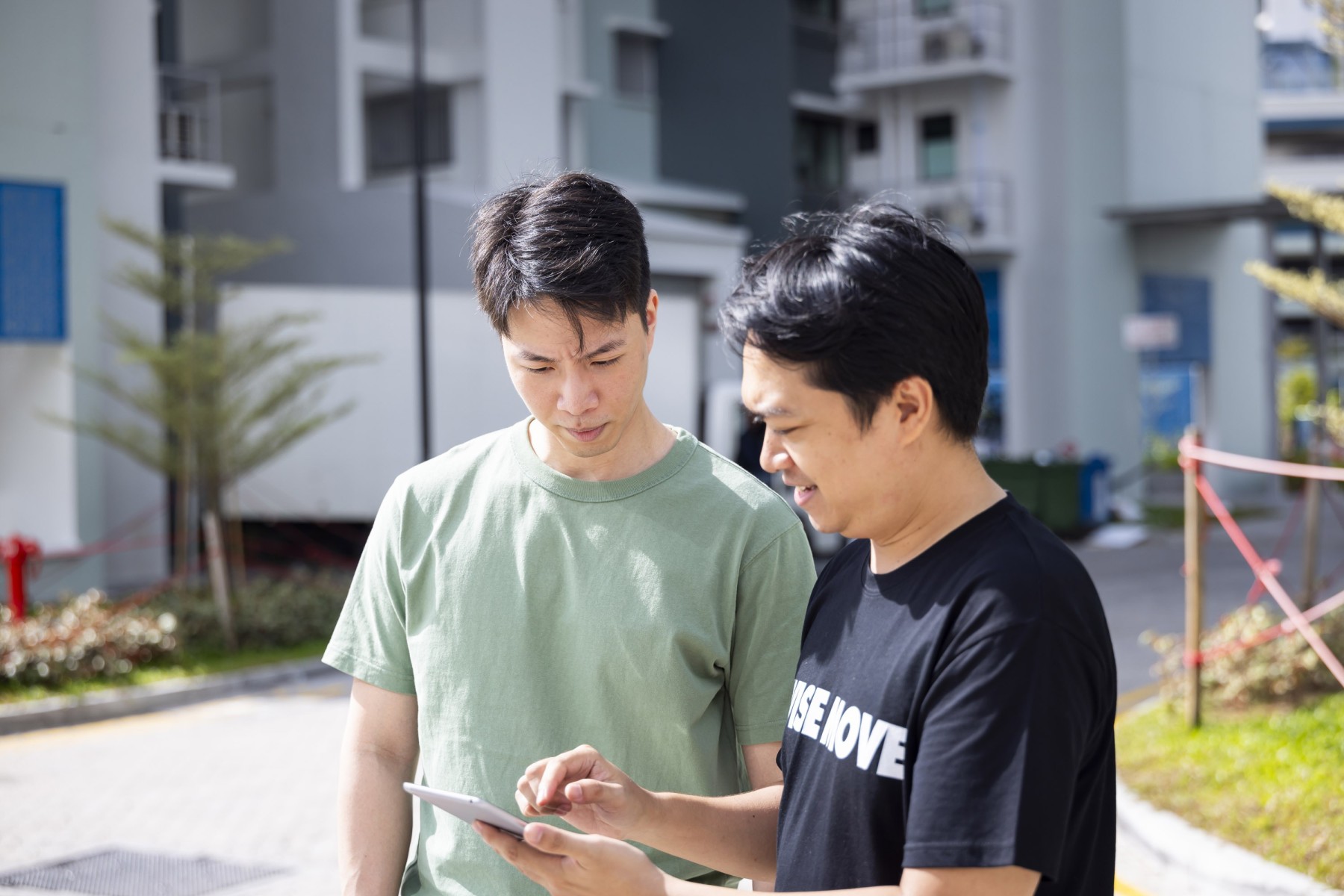
Singlish is commonly used in informal speech among friends, family, and in the kopitiams (the Singlish word for “coffeeshops”).
After all, there’s nothing more satisfying than punctuating your conversation with fervent exclamations of “liao”, “sian”, and “alamak” (which mean “already”, “boring”, and “oh no” respectively).
Proper English is used at work and in school, although colleagues and students often use Singlish when speaking amongst themselves, and sometimes even to bosses or teachers.
In Singapore, Singlish is never used for official written work like examinations, essays, policy papers, and news articles.
Proper, standard English is always used, with British English spelling and all formal grammar rules adhered to. We’re not known to have the highest standard of English in Asia for no good reason.
It’s imperative you know how to code-switch between colourful Singlish and proper English, like every good Singaporean does.
Top 5 common Singlish phrases and how to use them properly

To give you a taste of how interesting Singlish is, here are 5 of the most uttered Singlish phrases and how you can use them. Check out this list and this list for even more Singlish phrases, don’t say we never share okay!
Aiyoh
Meaning: To express surprise, annoyance, or frustration
Example: “Aiyoh, why is there always train delay, make me late for work so many times this week already!” (Gosh, why is the train always delayed? It’s caused me to be late for work many times this week!)
Alamak
Meaning: Oh no, oh man, oh my gosh
Example: “Alamak! I left my wallet at home again!” (Oh no, I left my wallet at home again!)
Cheem
Meaning: Something that has a complex or deep meaning that is difficult to understand
Example: “Eh, what he say just now ah? Why so cheem one?” (What did he say just now? It’s too difficult for me to understand.)
Jialat
Meaning: Terrible, awful
Example: “She is damn jialat leh, always eye power only and never do any real work.” (She’s really awful at work–she just stands around and looks at everyone work without putting in any real effort.)
Kaypoh
Meaning: Busy-body
Example: “That aunty is super kaypoh one, you tell her your secret the whole kopitiam will know!” (That aunty is a real big busy-body, if you tell her any secrets, everyone in the coffeeshop will hear of it.)
Bonus: Lah, Lor, Leh, Meh
Meaning: suffixes to add emphasis, a tone of resignation, or to question
Examples:
“Don’t keep thinking that you’ll fail lah!” (The “lah” is used to add emphasis to the sentence here.)
“I ring the doorbell but he never answer, so I just keep pressing lor.” (The “lor” here is used to highlight the resignation of the speaker.)
“You cannot anyhow take people’s things leh, that’s stealing.” (The “leh” is used here to emphasise the point, like “you know”.)
“Huh, can like that meh? Like that also can?” (The “meh” is used here as a rhetorical question.)
What do our customers say?
